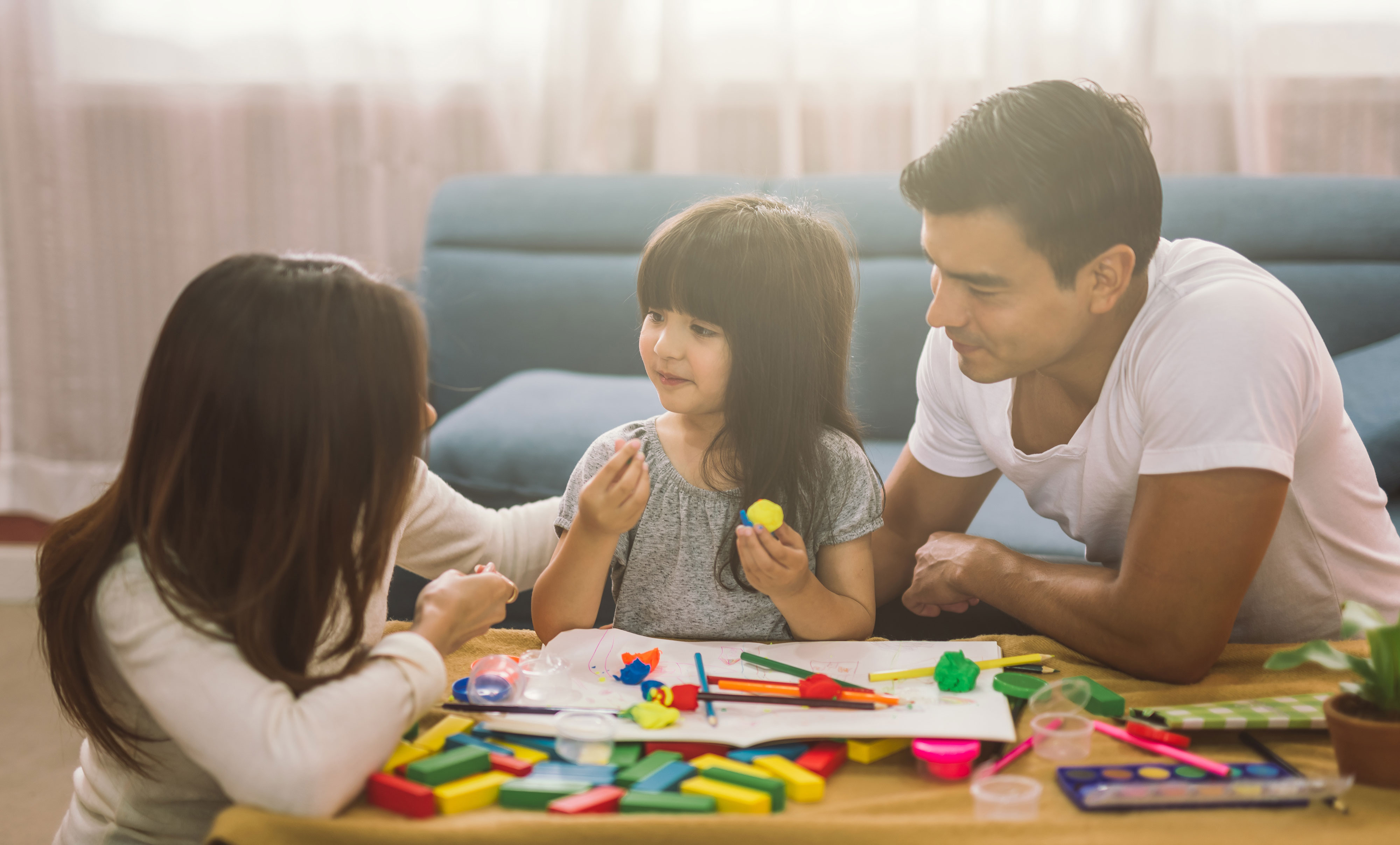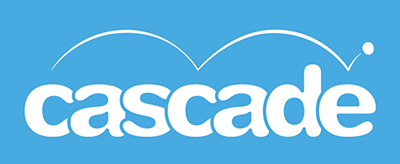


Paediatric Autism Communication Therapy (PACT)
The core therapy approach at Cascade is the evidence-based Paediatric Autism Communication Therapy (PACT). All Cascade therapists are PACT trained and have an in-depth understanding of the theory and background of PACT, having contributed to the PACT research projects. All Cascade therapists are highly experienced in delivering PACT to families.
Who is PACT for?
PACT has been developed for children under 5 years, but in practice could be considered suitable for children with a wider age range and who have autism and/or difficulties with social communication and interaction. PACT is appropriate for children who use few or no words and those who are beginning to use sentences.
PACT requires close collaboration with the child’s parent or carer.
What does PACT aim to do?
PACT is a therapy to support the development of interaction and communication skills in children with autism. It aims to encourage children to be active, confident communicators.
PACT is based on research evidence. Research has demonstrated that PACT can lead to improvements in communication skills and a reduction in difficulties with repetitive behaviours and restricted interests. http://research.bmh.manchester.ac.uk/pact/about/
PACT follows a developmental approach to communication and interaction development. This means we work on foundation skills first and then build on these skills. These foundation skills include things like sharing enjoyment with another person and using gesture, facial expression and body language to communicate with others.
How is PACT delivered?
PACT therapists work in close partnership with the child’s parent/carer. Through this method, the parent’s expertise about their child is combined with the therapist’s knowledge and experience of autism. PACT uses video feedback. In each session, the parent and therapist will record and watch a video of the parent and child playing. This gives the parent and therapist opportunity to look in close detail at the interaction taking place within the play session. Parents will be able to see how some of the things they do really help and encourage their child to communicate and the therapist will guide parents in identifying strategies that will work best to enhance and develop their child’s communication and interaction. These strategies will require regular home practice. The therapist will discuss home practice requirements with parents, and help them identify ways to fit this in to daily life.
